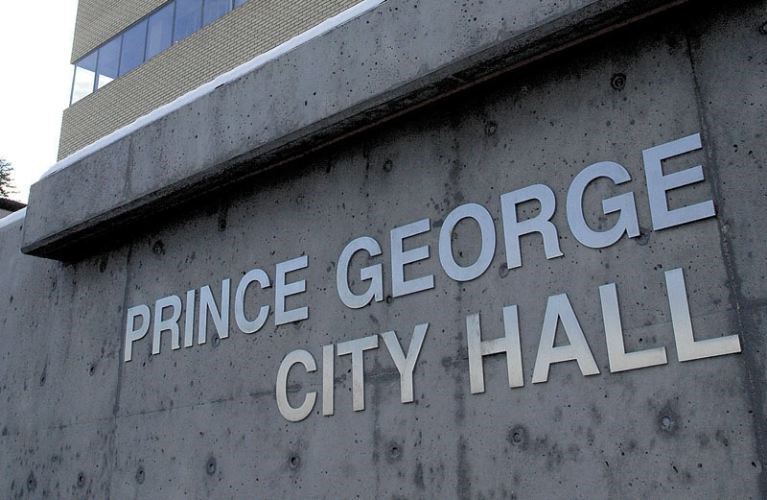City council has joined a growing chorus seeking an exemption for municipalities from the Employer Health Tax.
In a letter to Carole James, B.C.'s finance minister, Mayor Lyn Hall said the net financial impact of the new EHT and the concurrent elimination of the Medical Services Plan premium will be $710,900 - representing a 0.69-per-cent increase to the city's property tax levy.
"The City of Prince George's main source of revenue is through its property taxes, as with most local governments," Hall said. "As a result of the EHT, the municipal taxpayer will bear an unfair share of the cost. The most negatively impacted will be the municipal taxpayers who are on a fixed or modest income."
Municipal councils, school boards and regional district boards across B.C. are urging the provincial government to reconsider imposing the EHT on their operations.
However, it appears Victoria will hold firm.
In a response to request for comment, the ministry said the hike for the average Prince George household would work out to $1.17 per month in 2020 if the city chose to cover the cost entirely through the levy.
It added that even with the increase, households will still be saving hundreds of dollars every year with the end to MSP premiums.
"Getting rid of unfair MSP premiums will save individuals up to $900 a year and families up to $1,800 a year," Finance Minister Carole James said in a statement that accompanied the response.
"While the old government doubled MSP fees, we are proud to be meeting our promise to fully eliminate them."
B.C.'s EHT is at the "lowest rate among provinces with a payroll tax in Canada," James added.



